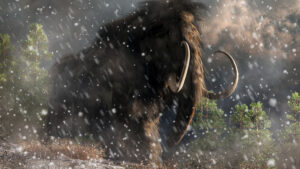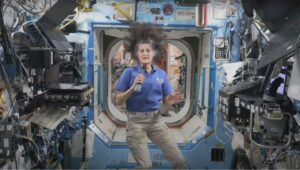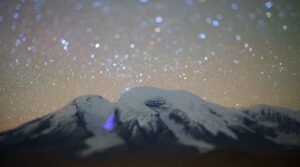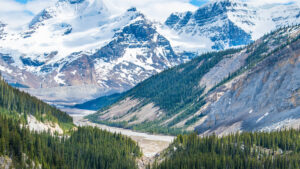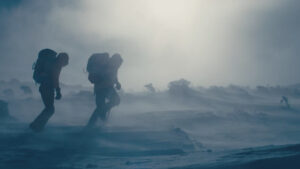Do you like to get up before the dawn? Greet the day with a gratifying stretch and a breath of fresh air? Do you often feel as though you do not biologically require coffee to wake up — but rather just enjoy it as a breakfast drink?
If so — as American comedian Jeff Foxworthy might say — you just might be a Neanderthal.
That’s what an interdisciplinary group of researchers found through a recent study. The group’s paper, published in the journal Genome Biology and Evolution, found a “striking” genetic correlation between modern early risers and Neanderthals.
“This was really exciting to us, and not expected,” Tony Capra of the University of California at San Francisco told The New York Times.
“Neanderthals and Denisovans passed on DNA that increased our morningness, and this has been retained in modern human populations.”
Consensus holds that Neanderthals separated from the human family tree about 500,000 years ago. But over 400,000 years later, human ancestors from Africa migrated north and encountered populations of these distant progenitors.
When they cross-bred, the southerners built a higher tolerance to the Neanderthals’ darker northern climate, the researchers thought.
If that were the case, it’s possible that modern humans would exhibit the trait. Anyone of non-African ancestry has about 1 to 4 percent Neanderthal DNA, according to the Smithsonian.
Being a morning person is genetic
And circadian rhythm (sleep pattern) is a genetic trait. So — do early risers prefer mornings due to their Neanderthal blood?
To find out, Capra’s team leaned into a massive genetic library and the survey results it contained.
This genetic repository is called the UK Biobank. The large-scale biomedical database contains de-identified genetic, lifestyle, and health information. Capra’s team first pulled the genomes of three Neanderthals and one Denisovan and compared them to hundreds of thousands of modern-day humans.
They focused on 246 genes. This led them to find over 1,000 mutations which only modern humans and one or more of the Neanderthals or Denisovans shared. Among those, several acted as regulators of the human body clock.
The scientists then looked at questionnaires the gene donors had submitted. Almost all of these ancient circadian indicators made it more likely that the volunteers called themselves morning people.
The results aren’t yet perfect, Capra has acknowledged. The UK Biobank only contains tissue from British people — so his team plans to broaden his work’s ancestral reach.
If it does, the results could help guide efforts to treat the trenchant societal problem of sleep deprivation. Smartphones and night shifts increasingly interrupt our circadian rhythm. And poor sleep habits are linked to heart disease, obesity, depression, and other woes.

